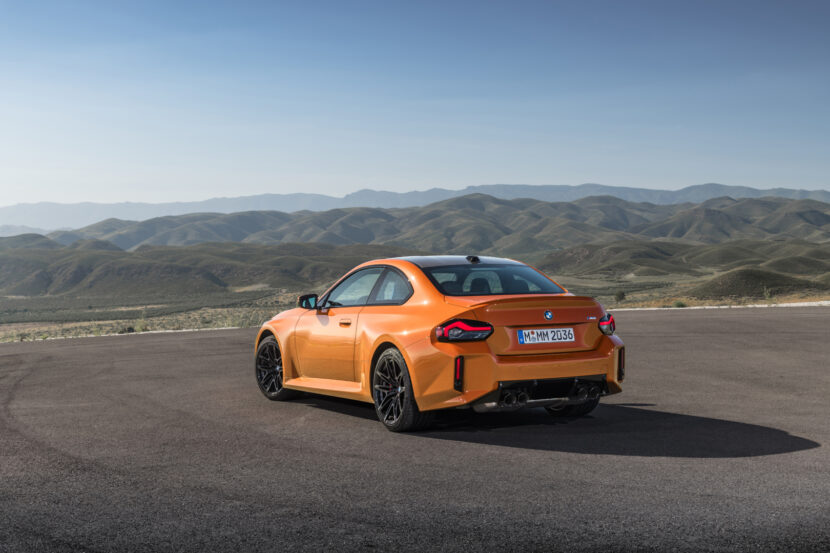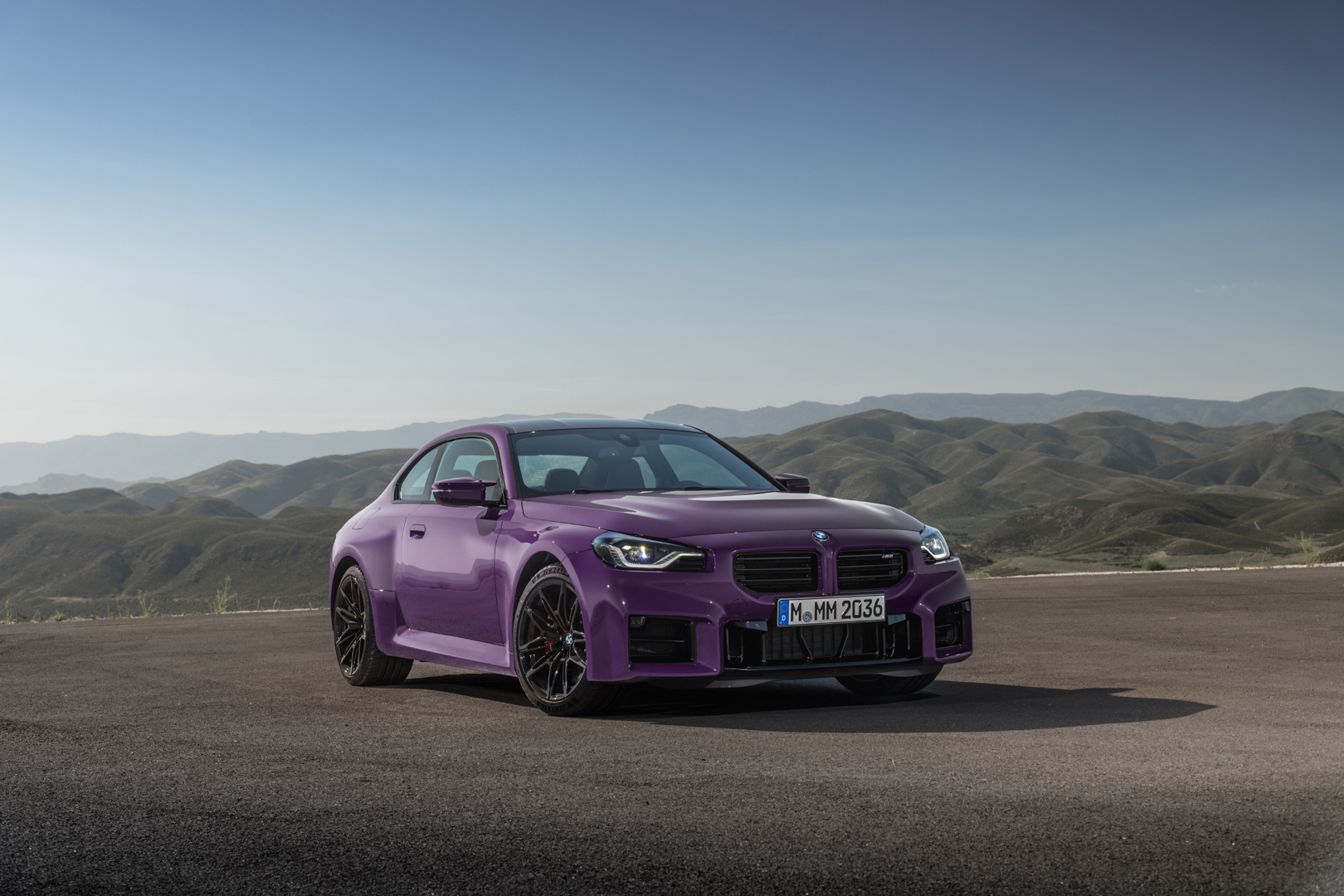At 1,700 kilograms (3,748 pounds) in its lightest configuration, the new BMW M2 is no Mazda MX-5 Miata as far as weight is concerned. Nevertheless, it’s still the lightest M car if we don’t take into consideration the limited-run M4 CSL. A potential M2 CS and/or M2 CSL would certainly lower that curb weight, but the M division’s boss warns enthusiasts that M cars will put on even more weight in the coming years.
In an interview at the M Fest 2022 in South Africa, Frank van Meel admitted the next generation of M cars “will get heavier in the future” despite constant efforts being made to develop lightweight materials. Interestingly, the head honcho of BMW M says keeping weight in check won’t be done only by using carbon fiber as other solutions are being analyzed. He pointed toward the M4 GT4 race car with its natural fibers used inside and out.

Although M cars will generally get heavier, the ceiling has already been reached. BMW has said the XM will be the heaviest car it’ll ever make. We’ll remind you the plug-in hybrid SUV in US specification tips the scales at 6,062 pounds or 2,750 kilograms. Frank van Meel’s statement makes sense when you consider all future M cars launching from 2023 will be hybrids. Adding an electric motor, a battery pack, and other hardware will make cars heavier.
We will get a better understanding of the weight penalty caused by hybridization with the next-generation M5. It has already been confirmed to get the same powertrain as the XM, meaning BMW’s new twin-turbo 4.4-liter V8 with an electric motor and a battery pack. In its lightest form, the current M5 weighs 1,825 kg (4,023 lbs) for the CS special edition. It wouldn’t be too far-fetched to assume the next super sedan will hit the 2,000-kg threshold, or 4,409 lbs, especially since today’s regular M5 / M5 Competition is heavier than the CS.
Meanwhile, BMW M is preparing to unveil the ultra-exclusive 3.0 CSL, which could be even lighter than the M4 CSL by adopting a manual gearbox and other weight-saving measures.
Source: CarBuzz




































































